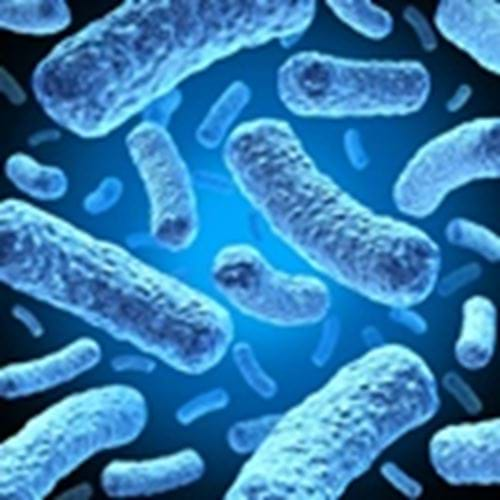Bug-busting science targets harmful microorganisms
16th December 2013

Bacteria, fungi and viruses are a major source of infection and disease. But not all are harmful and ‘good’ microorganisms are often killed indiscriminately. However, new research has revealed scientists are making steady progress to target specific species of harmful bacteria including E. coli.
Infection by harmful microorganisms can result in serious problems such as food poisoning, diarrhoea, enteritis and urinary tract infections. However, ‘good’ micro-organisms are known to have a valuable role in digestion, contribute to our immune system and protect against ‘bad’ microorganisms.
Current methods of killing microorganisms, such as antibiotics and disinfectants, are often non-selective – killing good and bad at the same time. Now a team of researchers, in the Republic of Korea, have chemically engineered a solution which targets one of the most common and potentially harmful bacteria – E. coli.
The researchers were able to combine an antibody (Escherichia coli polyclonal antibody) with titanium oxide – a catalyst with antibacterial properties – to target E. coli. The approach resulted in around 90 per cent of the E. coli being killed in the first 15 minutes, with no significant impact on three other non-targeted bacteria measured during the process.
The research1, which was published in Applied Catalysis B: Environmental in November 2013, shows the potential of combining catalysts like titanium oxide with bacteria-specific antibodies to fight disease and infection, without upsetting the body’s natural balance of microorganisms.
Dr David Brown, chief executive of the Institution of Chemical Engineers (IChemE), said: “Titanium oxide has many remarkable properties and is already widely used by chemical engineers in products like paint, sunscreen, food colouring and even reducing pollution. This latest research will be of great interest to many chemical engineers working in the pharmaceutical sector.
“The research also has the potential to influence public health policy in response to continuing concerns about the over-prescription of antibiotics and resistance to antibiotics by sections of the population. A more sophisticated management of harmful microorganisms and targeted use of antibiotics could overcome some of these problems as well as improving general health”.
The role of chemical engineers in the health sector is explored in IChemE’s latest technical strategy, Chemical Engineering Matters. The strategy also includes actions chemical engineers are taking on other global challenges including water, food and energy.